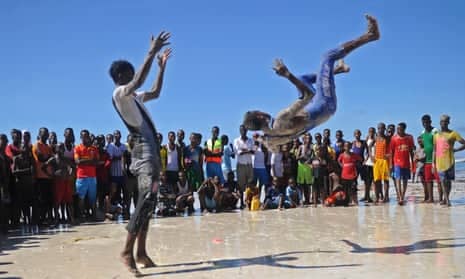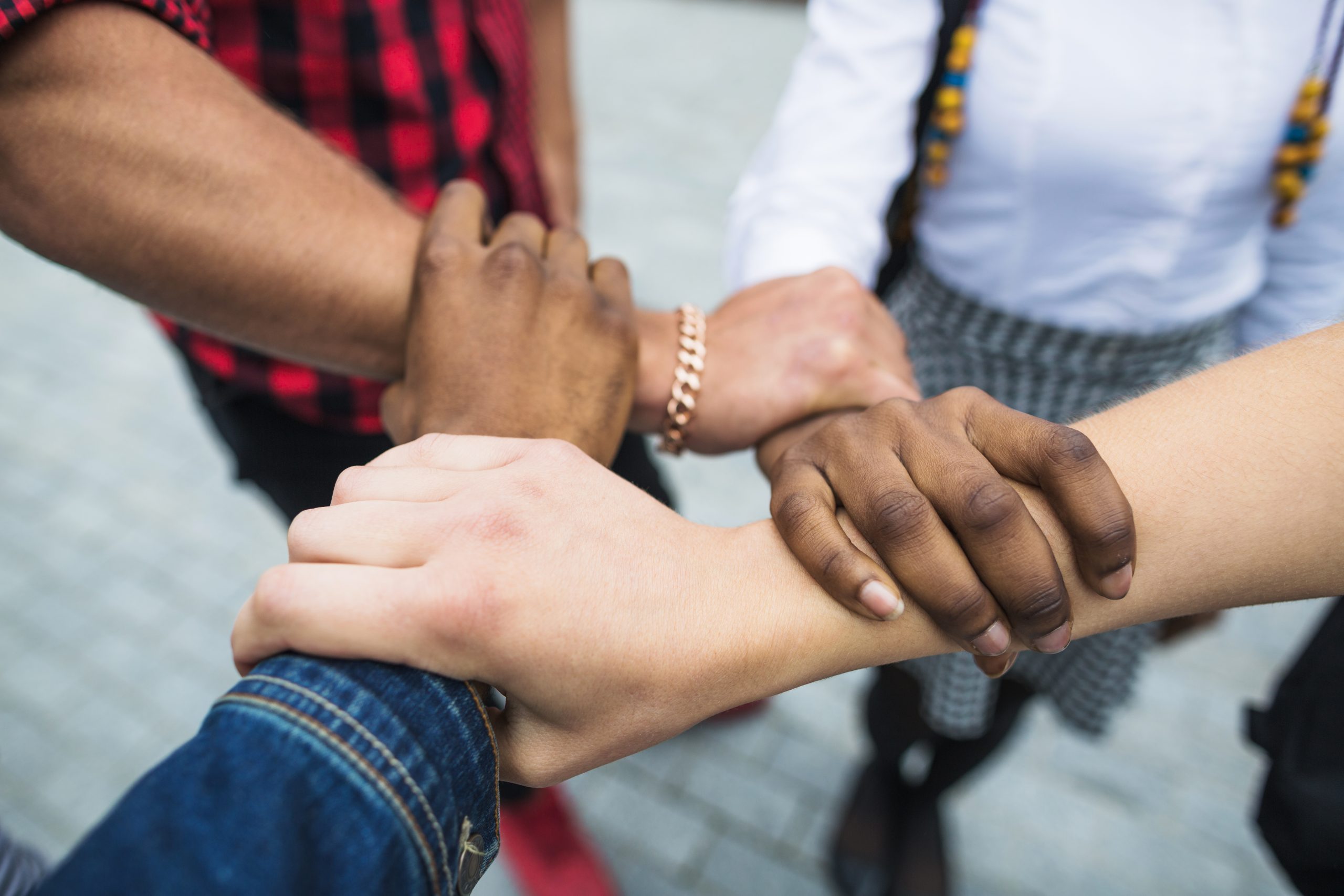
In a world often marked by conflict and division, the role of youth in peacebuilding has never been more crucial, especially in Somalia. As we celebrate Peace Week, it’s essential to recognize that empowering young people through education can pave the way for a more peaceful and harmonious society. This blog post explores how education can serve as a powerful tool for peace in Somalia and the vital role youth play in shaping a brighter future.
The Importance of Education in Peacebuilding
Education goes beyond the mere acquisition of knowledge; it fosters critical thinking, empathy, and social responsibility. In the Somali context, where decades of conflict have led to instability, education is vital for healing and rebuilding communities. Here are a few ways education contributes to peacebuilding:
- Promoting Understanding and Tolerance: Education helps Somali students understand diverse perspectives, cultures, and histories, reducing prejudice and fostering respect among different clans and communities.
- Encouraging Critical Thinking: A well-rounded education encourages students to think critically about societal issues, enabling them to challenge violence and discrimination and advocate for justice and equality.
- Building Leadership Skills: Educational programs that focus on leadership development empower Somali youth to take initiative, engage in their communities, and lead efforts for positive change.
The Role of Youth in Shaping Peace
Young people in Somalia are not just the leaders of tomorrow; they are also change-makers today. Their energy, creativity, and passion can drive meaningful change in their communities. Here are some ways Somali youth can actively contribute to peacebuilding:
- Advocacy and Awareness: Somali youth can leverage social media platforms and community initiatives to raise awareness about peace issues, advocating for dialogue and cooperation over conflict.
- Community Engagement: By participating in community service projects, youth can bridge divides, build relationships, and promote a sense of unity and shared purpose, essential in a country striving for peace.
- Peer Education: Young people can educate their peers about conflict resolution and peaceful coexistence, fostering a culture of non-violence within their circles.
Taking Action: How We Can Support Youth
As an organization dedicated to youth and education development, we believe in the power of collaboration to empower young people for peace. Here are some actions we can take together:
- Organize Workshops: Create workshops that focus on leadership, conflict resolution, and effective communication skills to equip Somali youth with the tools they need to become peace advocates.
- Create Platforms for Dialogue: Foster environments where young people can share their experiences, concerns, and ideas for peace. This could include discussion forums, online platforms, or community gatherings.
- Support Youth-Led Initiatives: Encourage and support projects led by Somali youth that aim to promote peace and community cohesion, recognizing their unique insights and solutions.
Conclusion
As we reflect on the significance of Peace Week, let us remember that empowering youth through education is key to building a brighter and more peaceful future in Somalia. By investing in their potential, we can cultivate a generation of leaders committed to understanding, empathy, and positive change. Together, let’s work towards a world where peace is not just an ideal but a reality for all.
